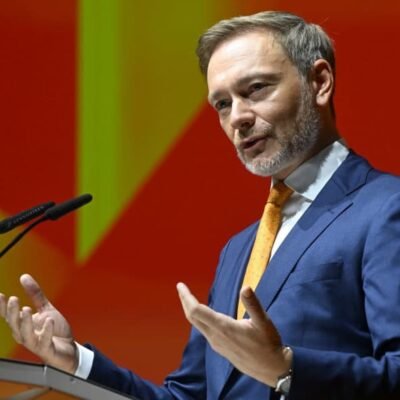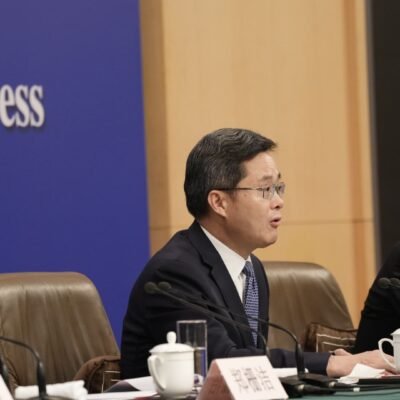
“The successor”: In Brazil, that’s how many people refer to Fernando Haddad. At 61, the former mayor of Sao Paulo and left-wing candidate in the 2018 presidential election is now finance minister. He is seen as the most serious successor to the head of state, Luiz Inacio Lula da Silva. As head of the G20 finance ministers’ meeting, to be held from November 18 to 19, he is making a strong case for minimum taxation of the super-rich at an international level.
Do you believe in the possibility of a G20 agreement to tax the super-rich, and what would the terms be?
This question has a significant chance of success, as it is both an emergency and a necessity for the states. It would involve taxing around 3,000 individuals on the planet, who hold some $15 trillion [€13,818.5 billion] in wealth, and who in fact pay very little tax. Our ambition is to succeed in taxing wealth on the basis of assets. Nevertheless, we remain cautious about the appropriate mechanism to adopt and the details of such a measure, which is still under discussion at the G20.
Brazil’s position goes beyond simply taxing the super-rich. It proposes that the money collected should not be used for domestic purposes by each country, but allocated to an international fund to solve global problems, such as the climate crisis or the fight against poverty. It’s a very sensitive idea, and one that can only be achieved in the long term. But it would be an extraordinary step forward on a global scale!
You have received the support of French Finance Minister Bruno Le Maire and sought the expertise of French economist Gabriel Zucman. Is Paris’ support important?
The support of President Emmanuel Macron and his government is very important, but France is not the only country that supports the Brazilian proposal. Spain has also expressed its support. Even if further discussions are needed, Janet Yellen [US Treasury secretary] has said she is in favor of taxation. This idea has gained in strength, momentum and impetus, even if some G20 countries have not yet made up their minds. I’m thinking of German Chancellor Olaf Scholz, for example, and also of the BRICS group [Brazil, Russia, India, South Africa and China]. I would have liked to see a statement from China or India in support of our proposal.
Do you see the BRICS, dominated by China, as an alternative to Brazil’s traditional alliances?
I’m going to express my personal position here, not that of the Brazilian government. The concept of the Global South is a nice one [laughs]. I myself am of Lebanese origin, so cosmopolitan and globalist by nature. With its predominantly Afro-descendant population and deep ties to Africa, Brazil is obviously sympathetic to the term but for me, the BRICS group’s primary strategic vocation is to strengthen the G20.
You have 71.31% of this article left to read. The rest is for subscribers only.





